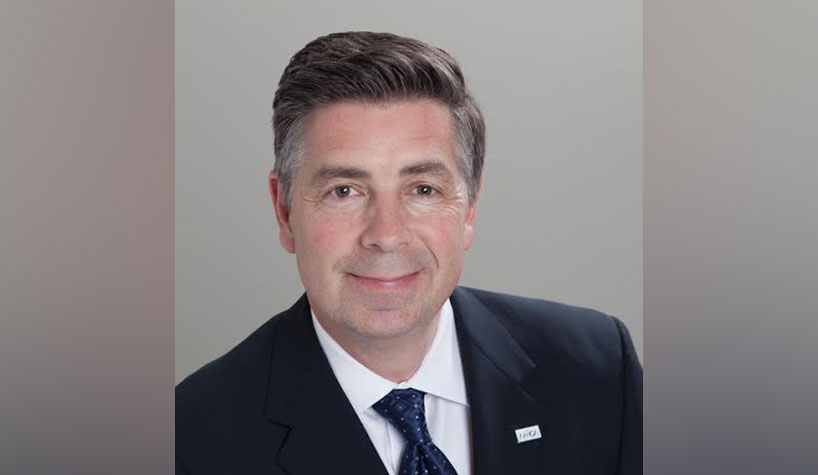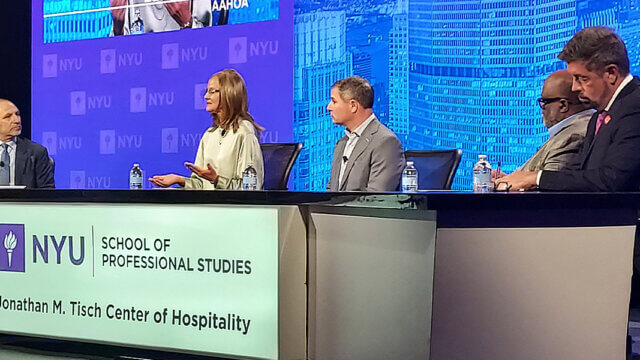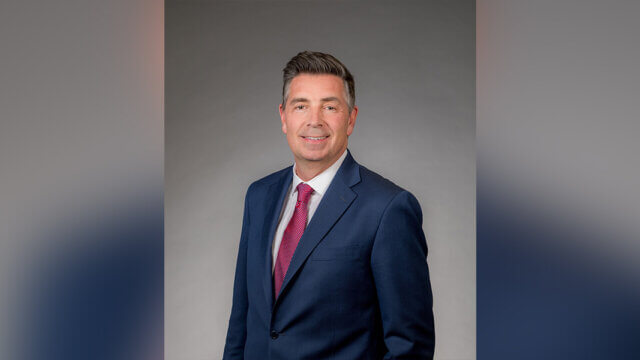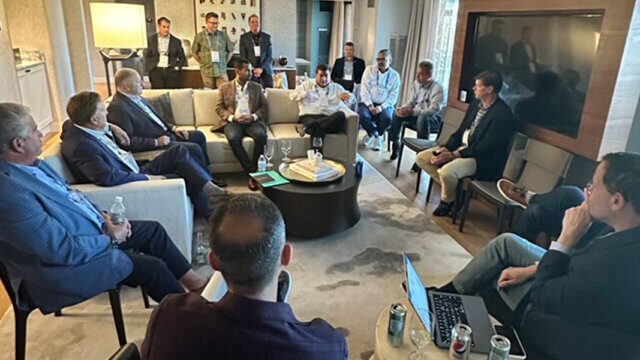ATLANTA—AAHOA President and CEO Chip Rogers spoke with Hotel Business about pressing issues in hospitality and lodging today; top challenges hotel owners are facing; and how industry associations can work together to move the hotel industry as a whole forward.
If you had to pick one, what’s the number one outstanding issue in hospitality and lodging today? With unemployment at 4.1%, its lowest rate since 2000, one of the significant issues facing hoteliers is access to a consistent workforce. In an AAHOA membership survey last year, 86.6% of respondents reported current job vacancies at their hotels, and 66.1% said they planned to expand their workforce in the next three years. Recruiting, hiring and retaining good employees proves challenging for employers when unemployment is low.
What are some of the other top challenges hotel owners are facing? Hoteliers face challenges on a few fronts, from predatory lawsuits and combating human trafficking to fighting arbitrary occupancy taxes and an uneven playing field littered with unregulated short-term rentals. We are making progress as an industry in overcoming these obstacles.
The House recently passed the ADA Education and Reform Act, which seeks to stop predatory drive-by lawsuits. Several states passed laws to prevent predatory lawyers and serial plaintiffs from targeting small businesses with frivolous lawsuits, but we still need to get a notice and cure period on the books to prevent these same lawsuits in federal court.
In the fight against human trafficking, AAHOA partnered with the DHS Blue Campaign, Polaris and Businesses Ending Slavery and Trafficking (BEST) to provide our members with training and education materials, webinars and certification to help their employees identify the signs of human trafficking and know what appropriate actions to take. Our industry is playing a significant role in promoting awareness and prevention of this crime, and our members are leading the way.
AAHOA’s advocacy efforts are also leading the fight against arbitrary occupancy tax increases in municipalities, and we’re working with our members and state legislators to create a more level playing field as unregulated short-term rentals increase in number.
How would you grade the current administration on its willingness to work with the hospitality industry on key issues? I give high marks to the administration for their willingness to work with the hospitality industry on many issues. Whether it’s combating human trafficking, prioritizing small businesses in the recent Tax Cuts and Jobs Act, or eliminating unnecessary and burdensome regulations, we have a partner who fundamentally gets what our industry is about and what it needs to thrive. Mostly, we have found the administration is interested in hearing AAHOA’s story. From cabinet officials to staff, offices across the executive branch look to the lodging industry as a source for public policy.
What has been the biggest challenge for you as president and CEO of AAHOA? Coming into the role as president and CEO, I knew AAHOA needed to make significant changes in terms of organization and our approach to advocacy and member outreach if we wanted to grow and become the recognized voice of hotel owners. Navigating institutional politics and history is necessary when one steps into a leadership role in any organization, and AAHOA was no different. I greatly value the open communication of ideas. Letting members know where I thought we could be as an association and how we would get there allowed us to set our priorities and strategies and move forward. I am proud of our accomplishments so far, and optimistic about what we will achieve in the future.



